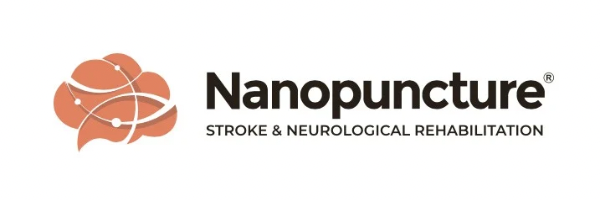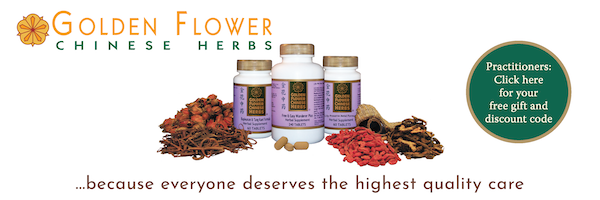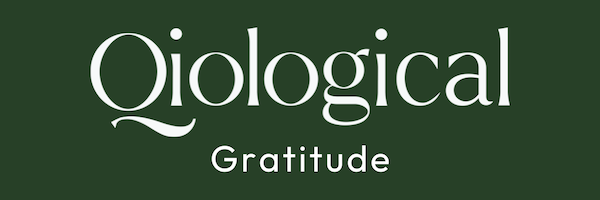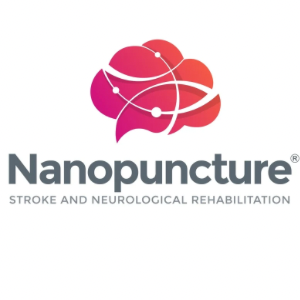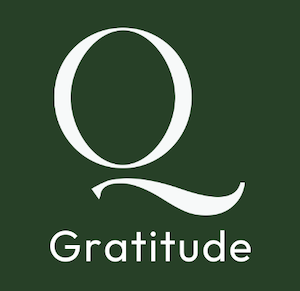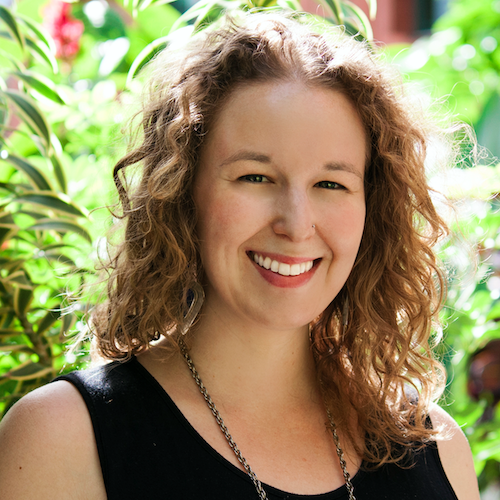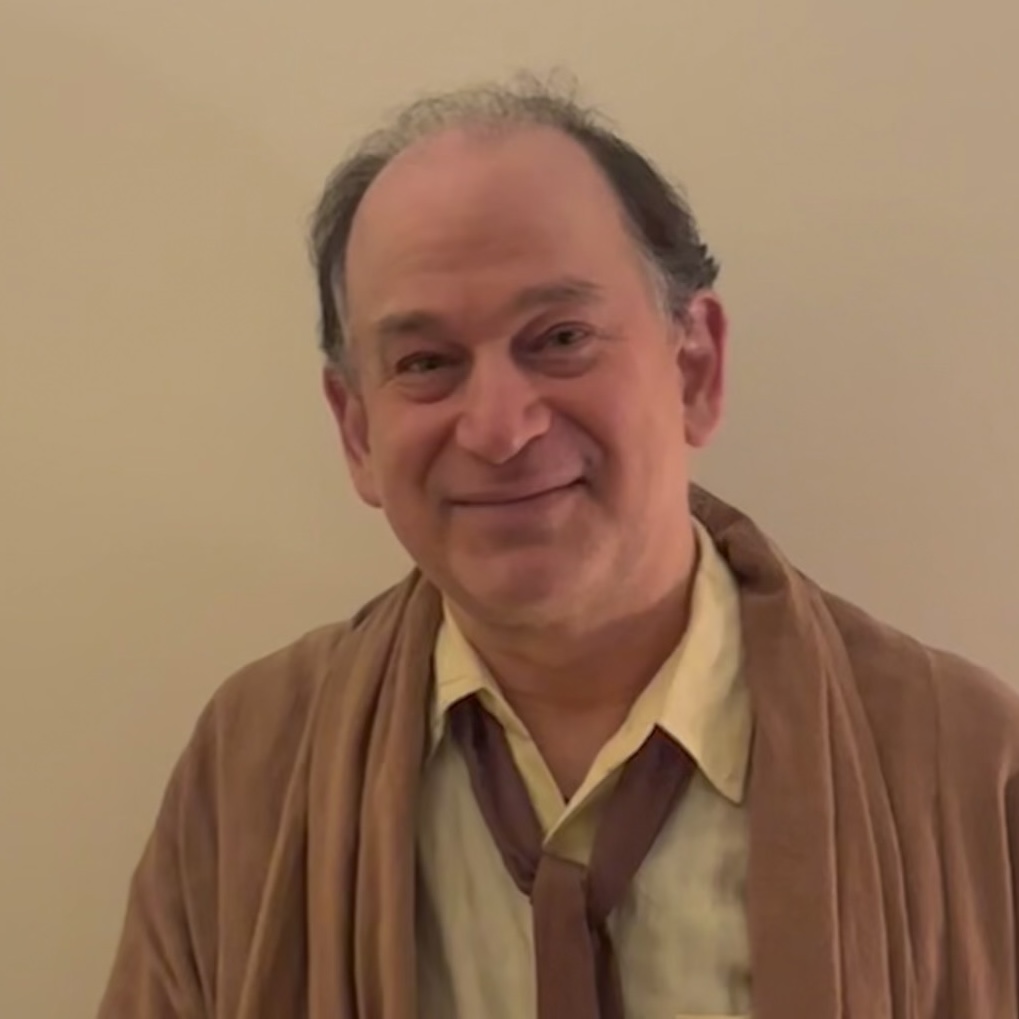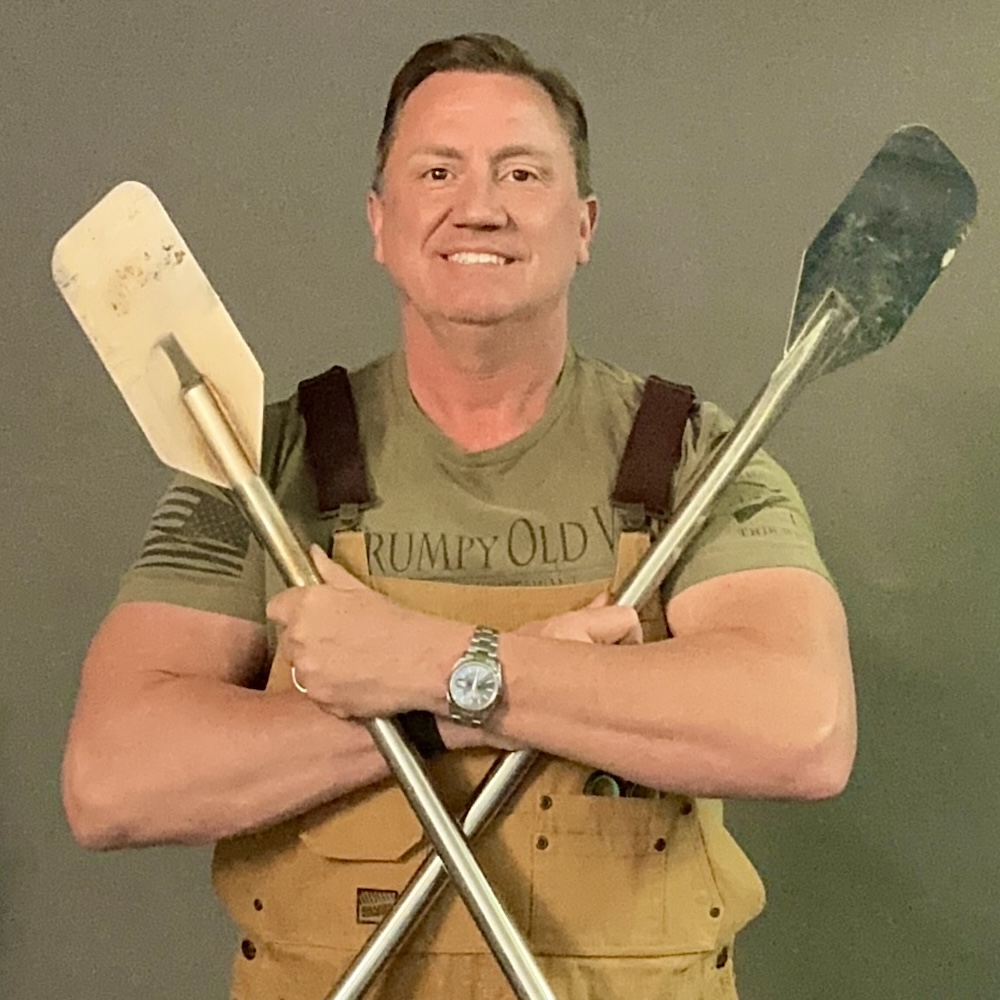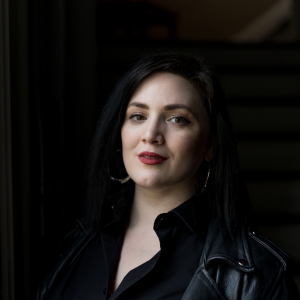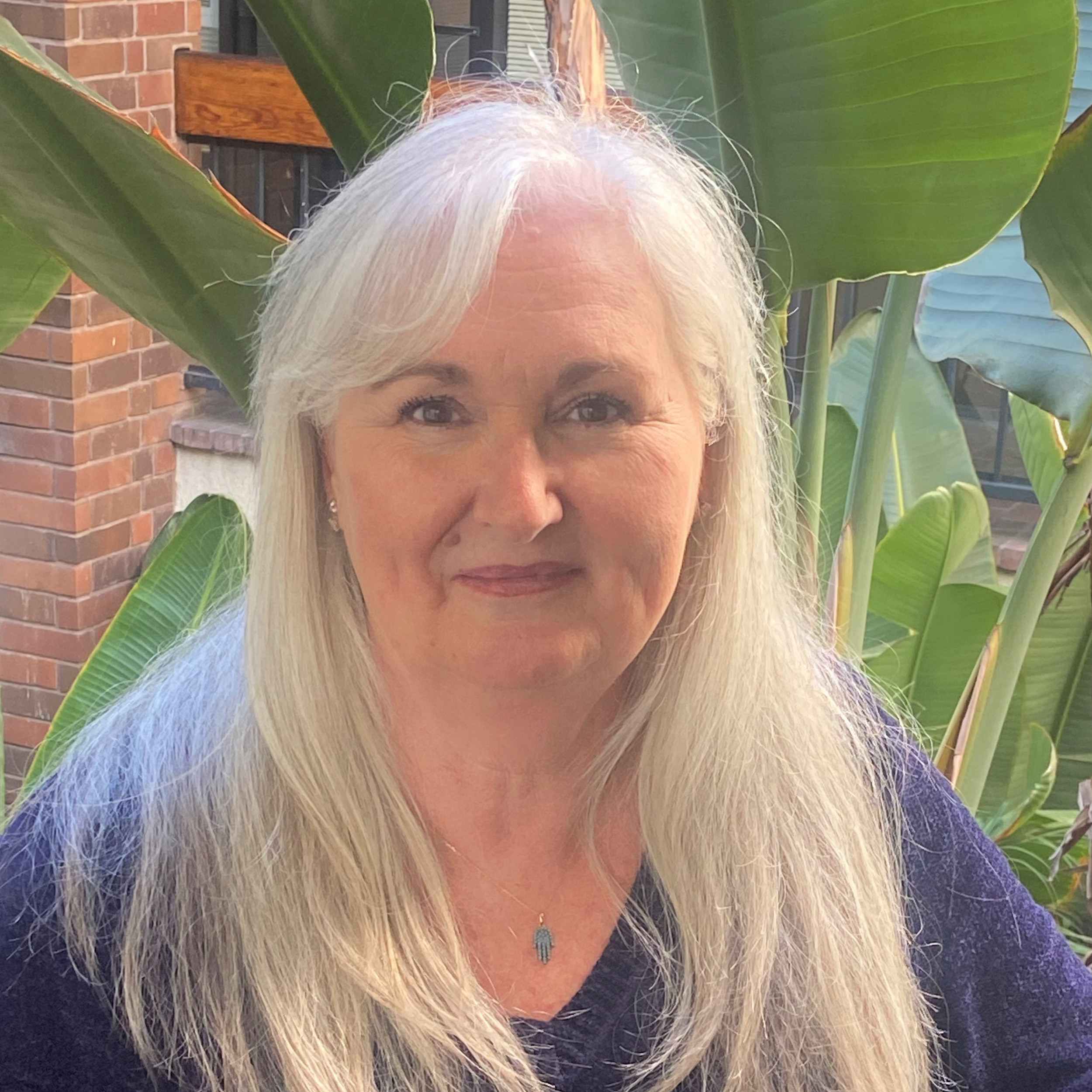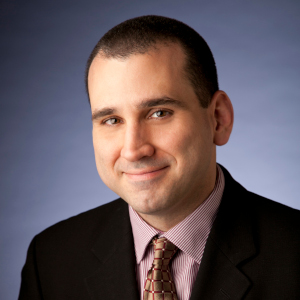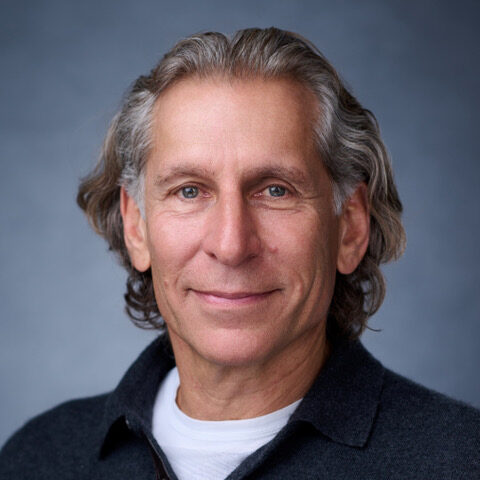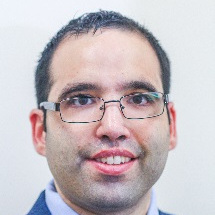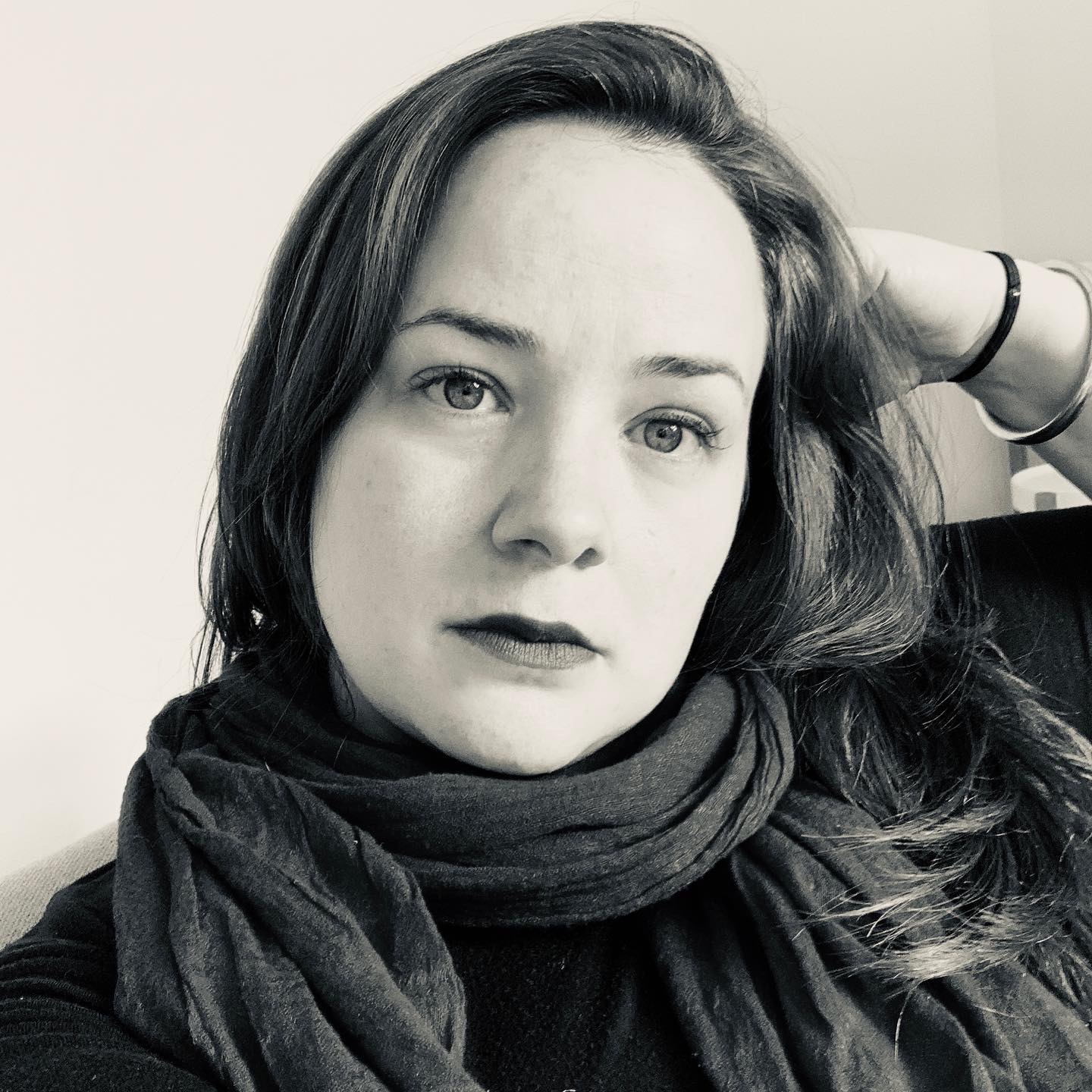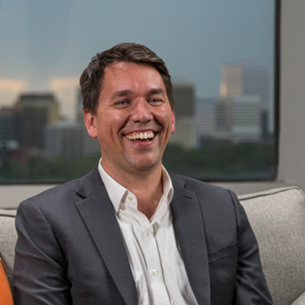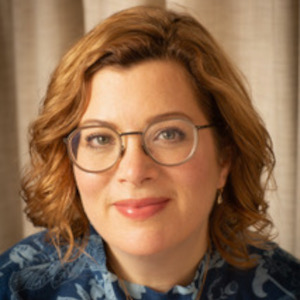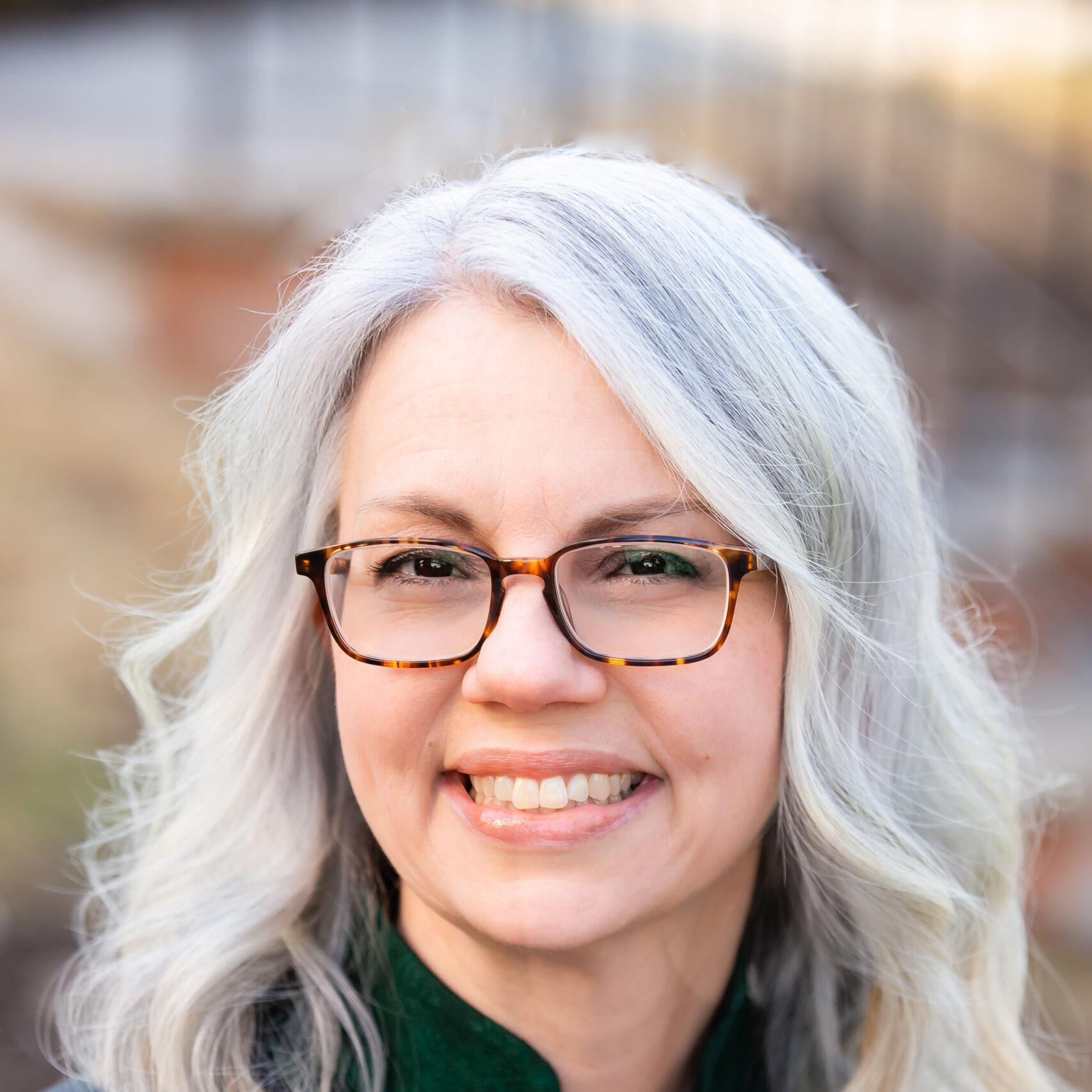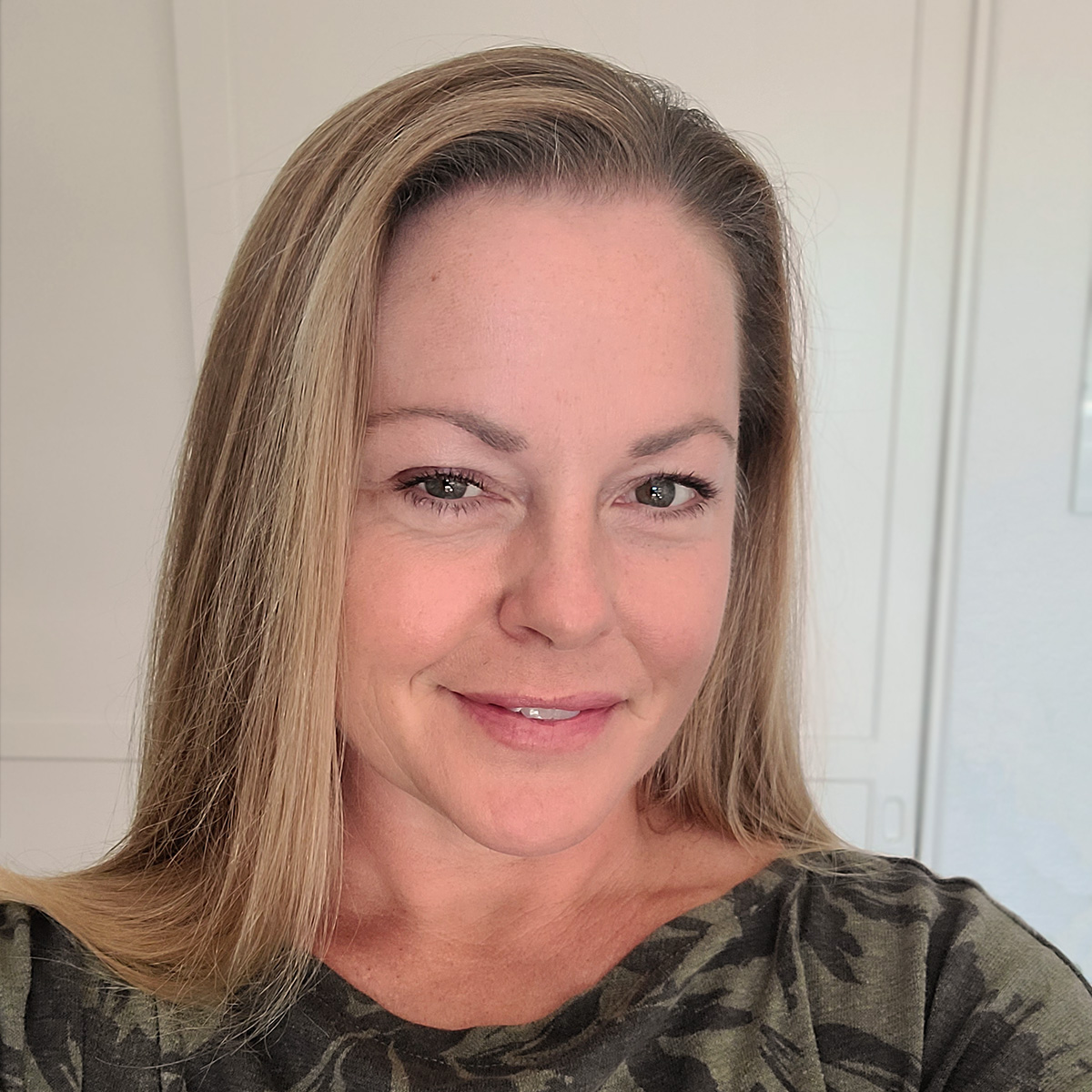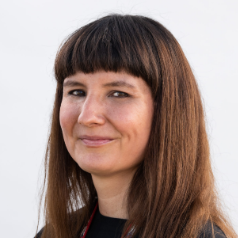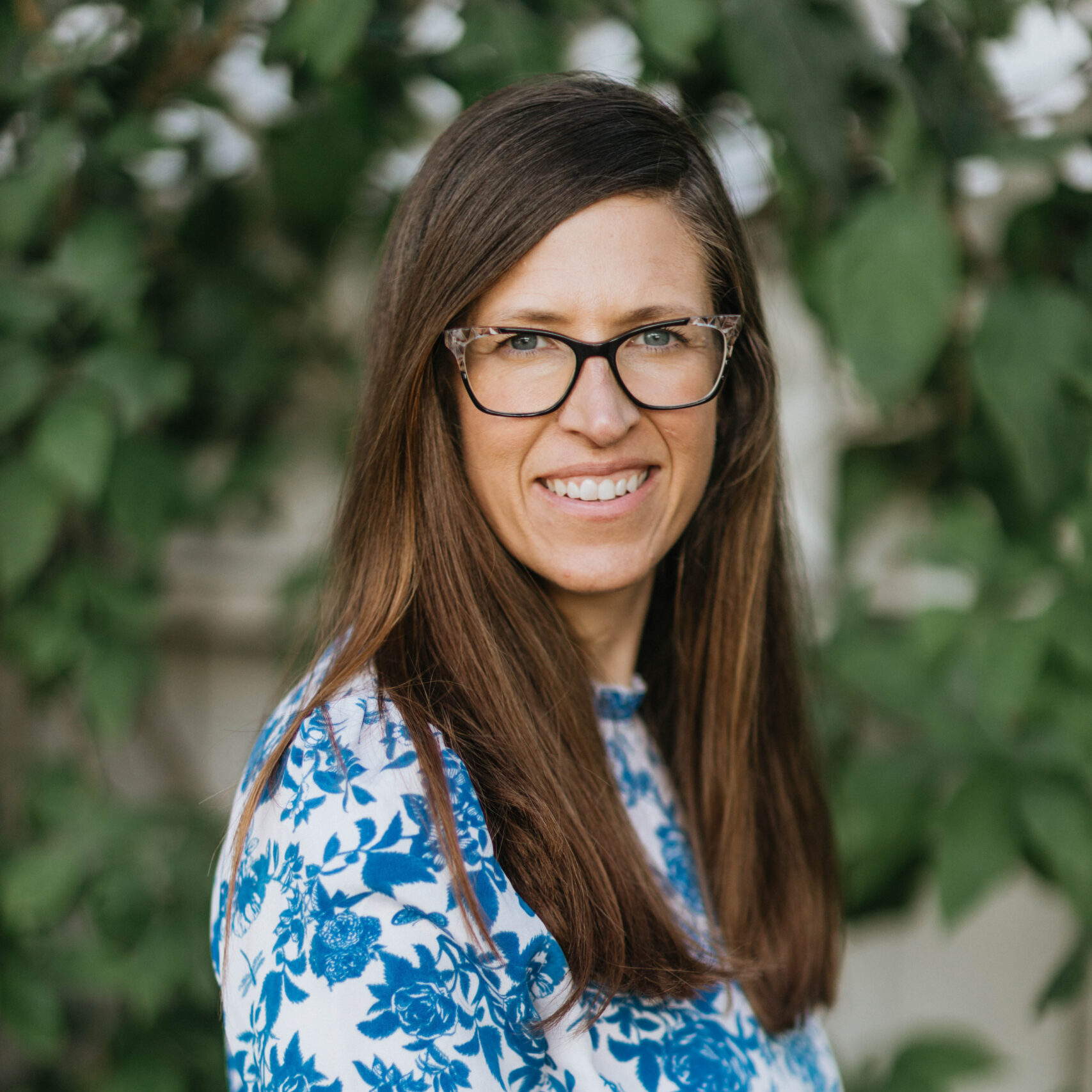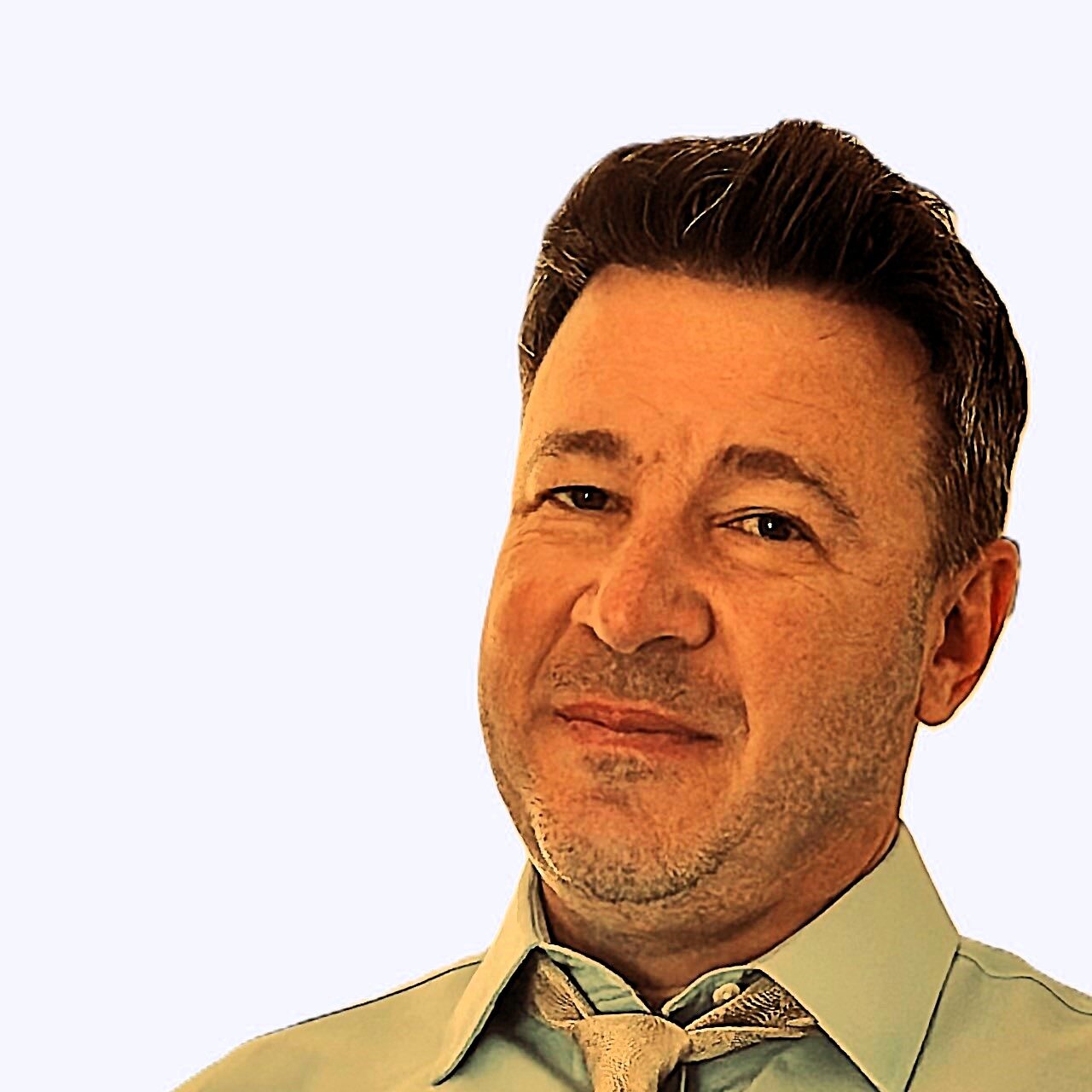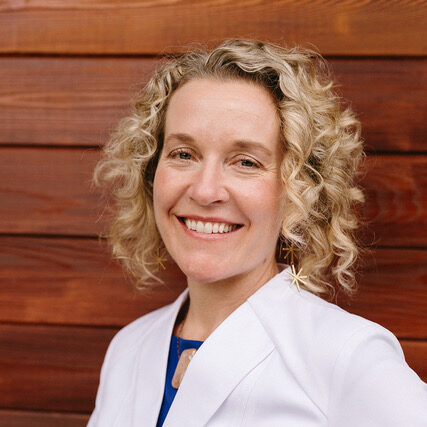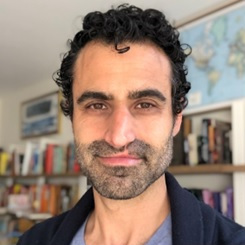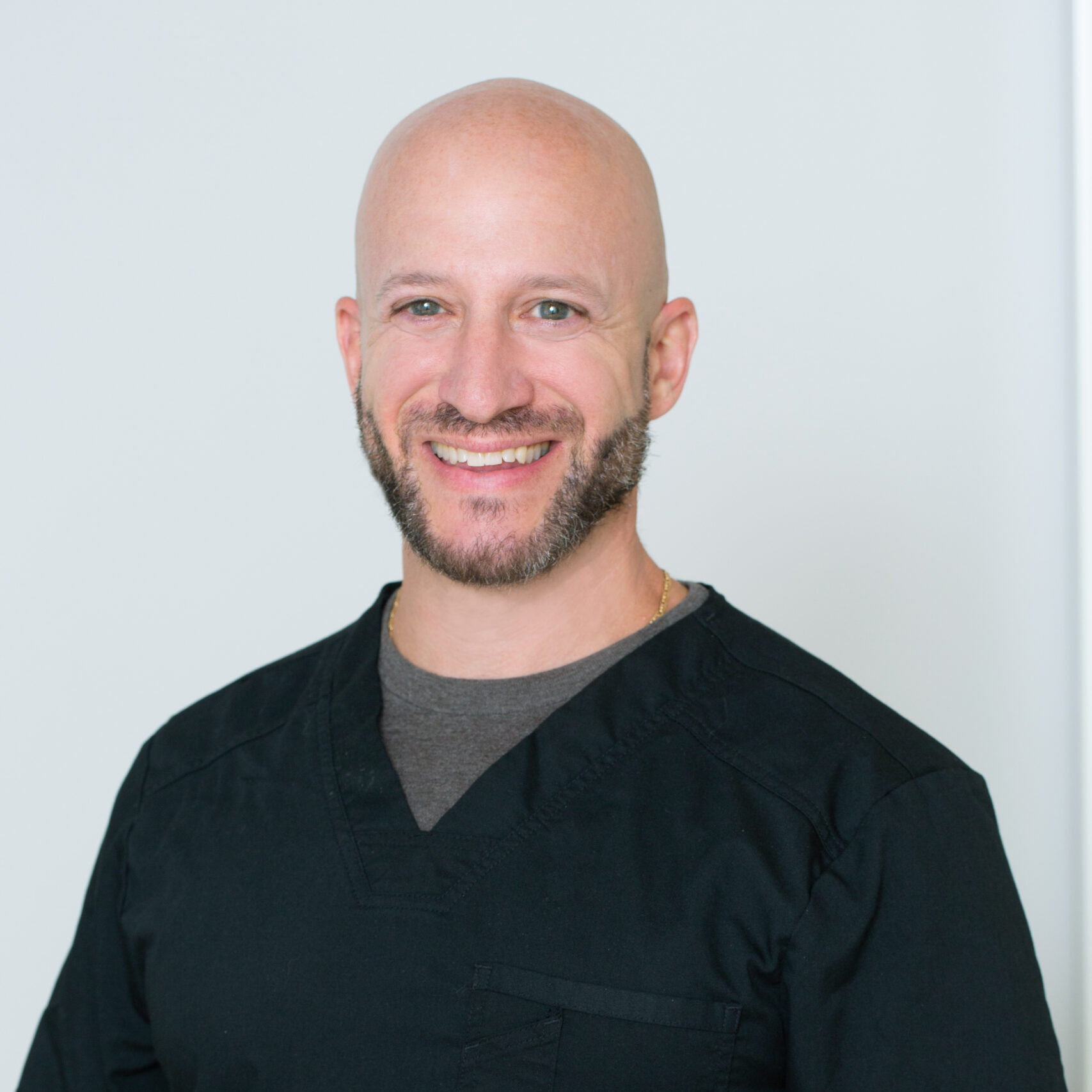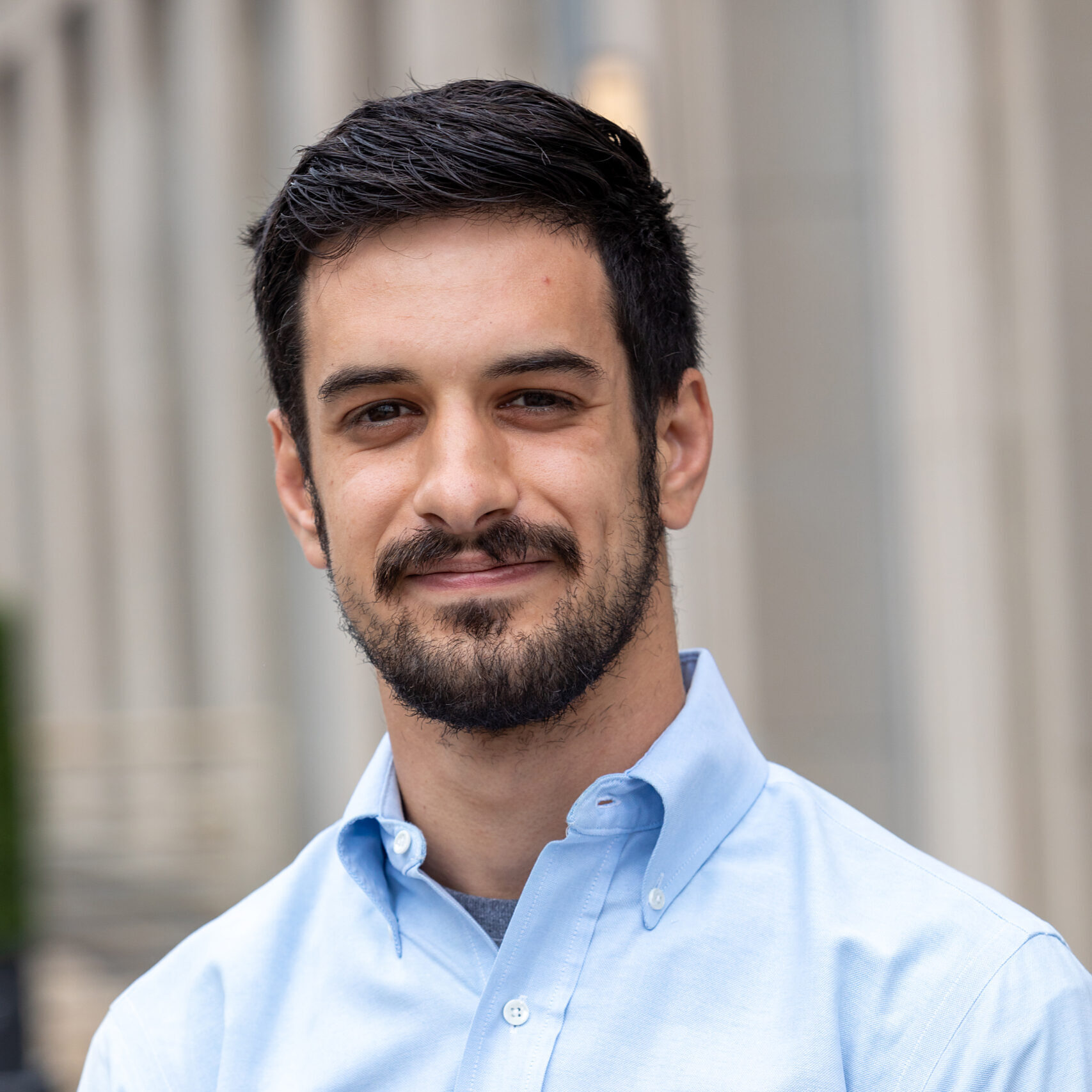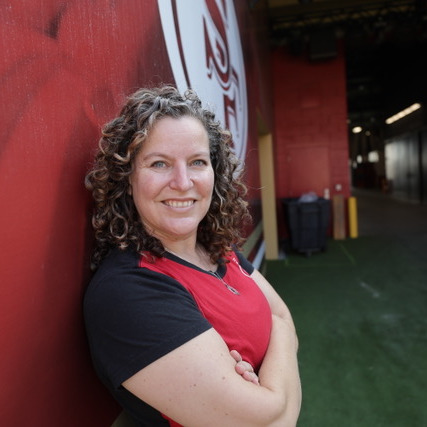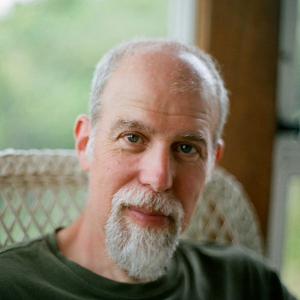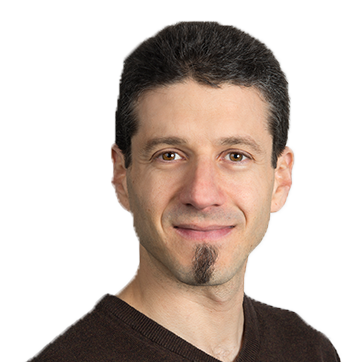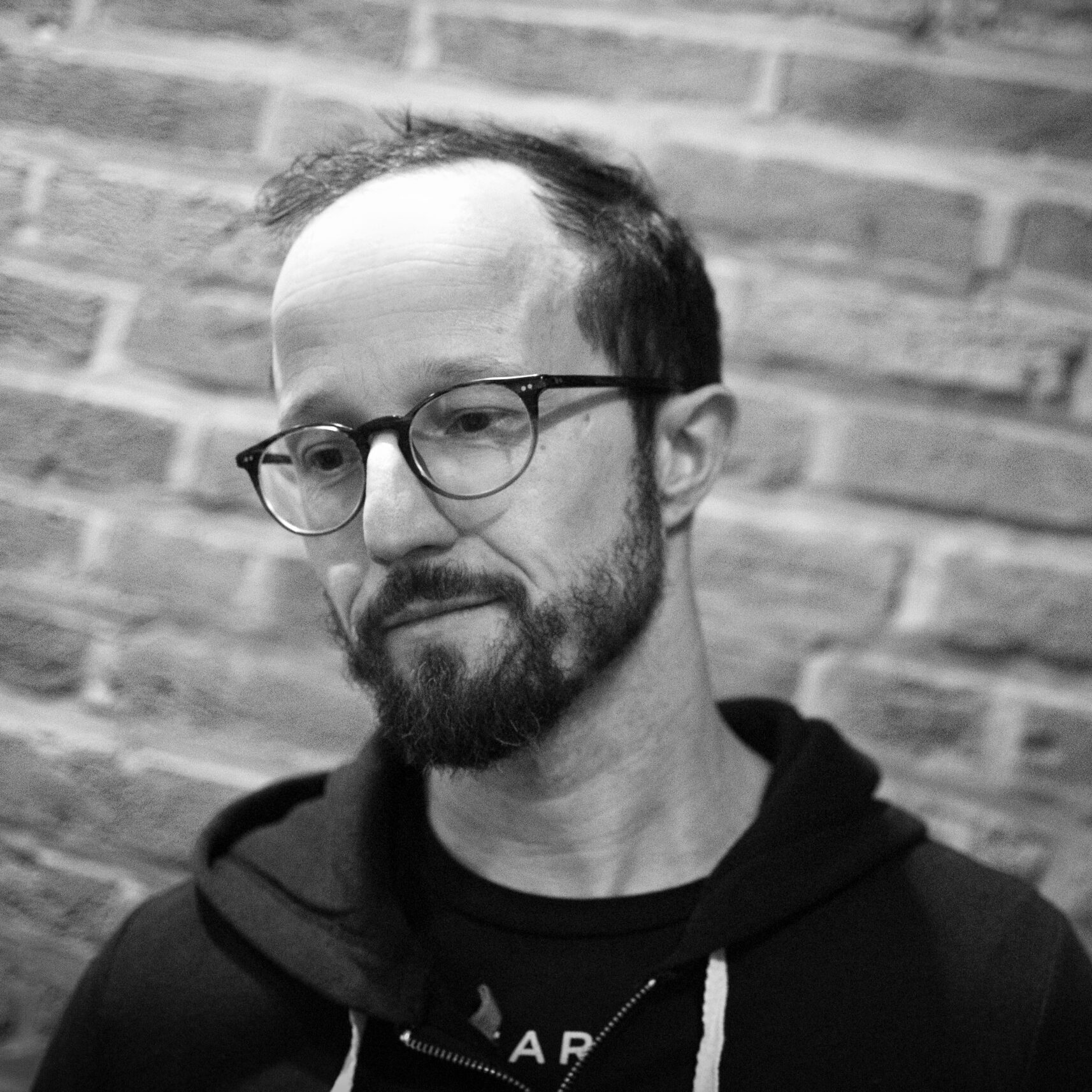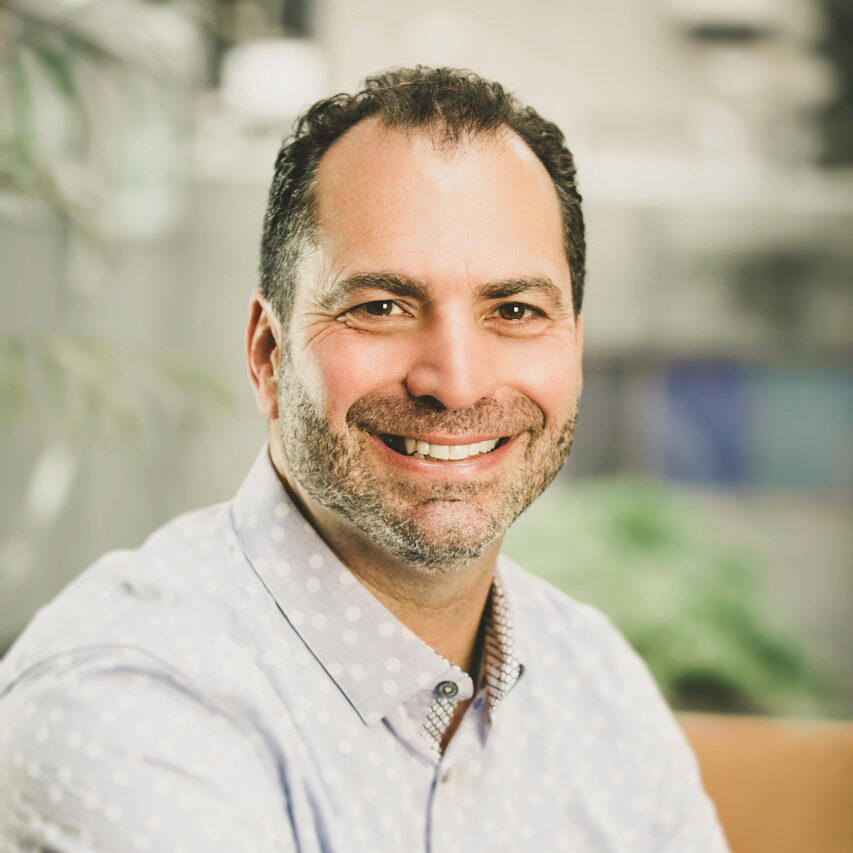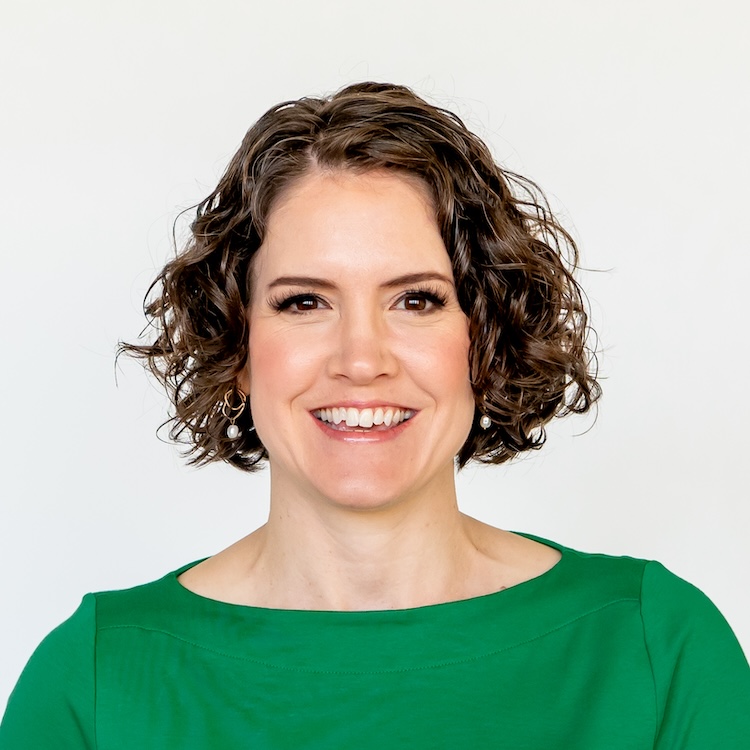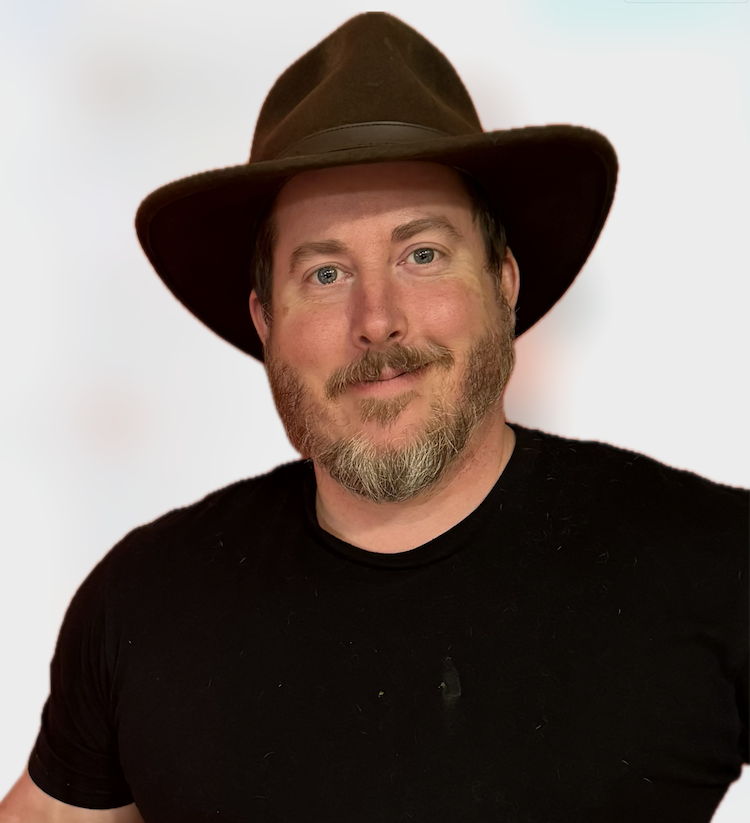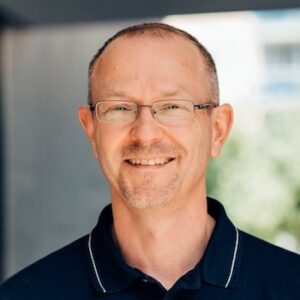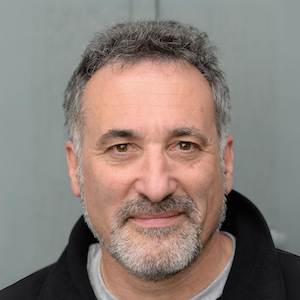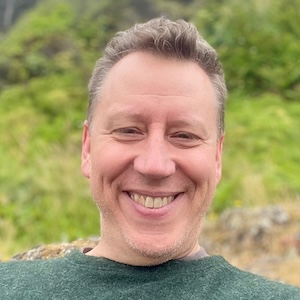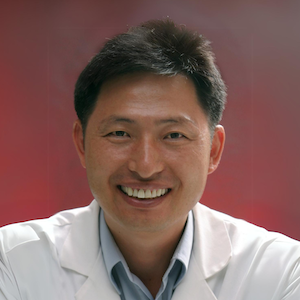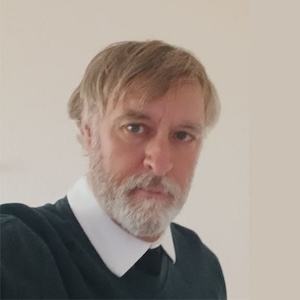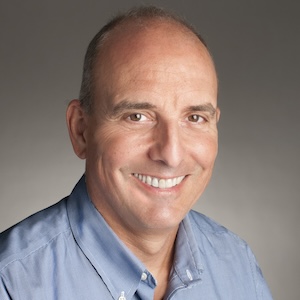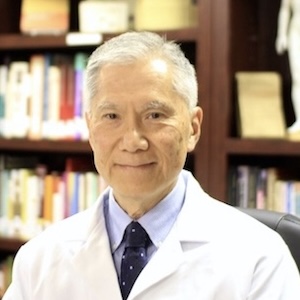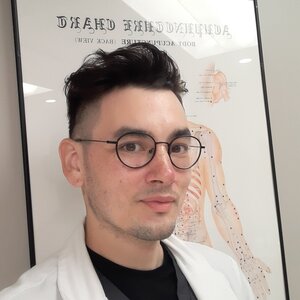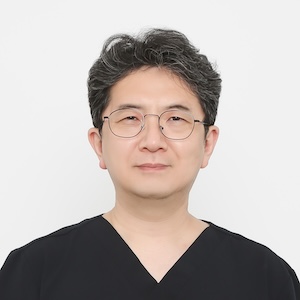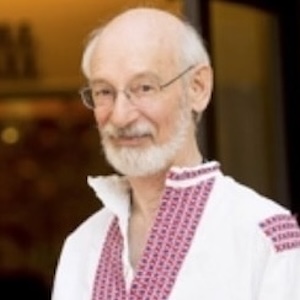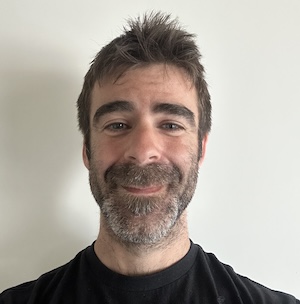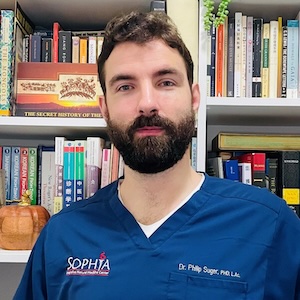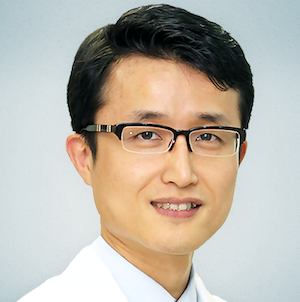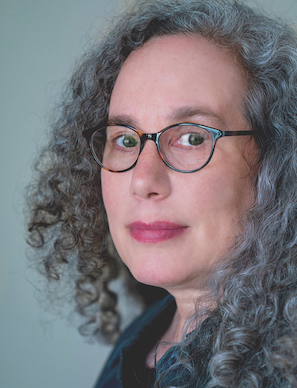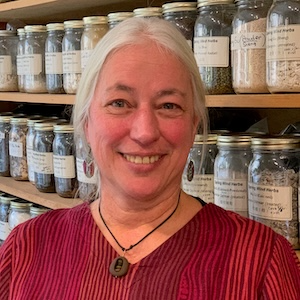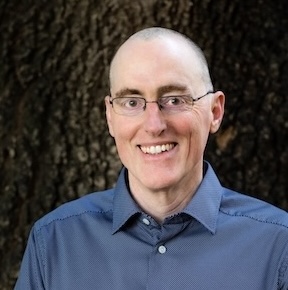Chinese medicine has a treasure house of methods and treatment for women’s health. From the work of Sun Si Miao to modern day practitioners women’s health has been a key concern in our medicine.
In this conversation with Genevieve Le Goff we explore the transformations of qi through the five phases and six confirmations as we discuss Fu Xing Jue and the mythic lost text, Tang Ye Jing.
Listen in to this discussion of women’s health and some ways of thinking about our medicine from a non-modern perspective.
In This Conversation We Discuss:
- Submerging the yang
- Making sense of things in time and space
- How the Tang Ye Jing fits in with other classics and treatises
- Being your own devil’s advocate
- Treating menstrual pain
- Don’t confuse the transformations of the five phases with the transformations of the six conformations
- The Shaoyin pivot
- Sovereign and ministerial fire
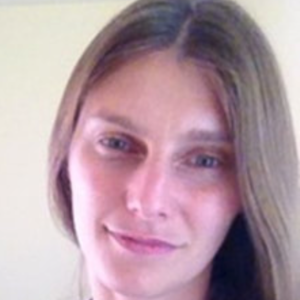 Genevieve Le Goff, L.A., is a Licensed Acupuncturist and Chinese Herbalist. She practices an ancient form of Chinese medicine that has its roots in the Classical Era of Chinese history (Han dynasty and prior).
Genevieve Le Goff, L.A., is a Licensed Acupuncturist and Chinese Herbalist. She practices an ancient form of Chinese medicine that has its roots in the Classical Era of Chinese history (Han dynasty and prior).
Classical Chinese medicine views the human body as a microcosm of the universe. Therefore the health of the planet is inseparable from ours. In keeping with the highest precepts of the classical Chinese medical canons, a good doctor seeks to understand physiology in an ecological fashion, and to honor the roots of these insights by the observation and protection of natural rhythms.
After graduating from UC Santa Barbara with a BA in Environmental Studies & Ecology, and the Academy of Chinese Culture and Health Sciences with a MS in Traditional Chinese Medicine, Genevieve received special training in midwifery and gynecology, as well as extensive post-graduate training in Classical Herbal Formulation from the Institute of Classical East-Asian Medicine. This formulation system is in the lineage of Tian (Bawei) Heming, who practiced in the tradition of Zhang Zhong Jing's Shang Han Za Bing Lun. She is constantly engaged in research and study to further her ability to help her patients, and is now pursuing a second post-graduate degree at the Hunyuan Institute.
Links and Resources

